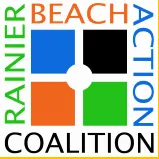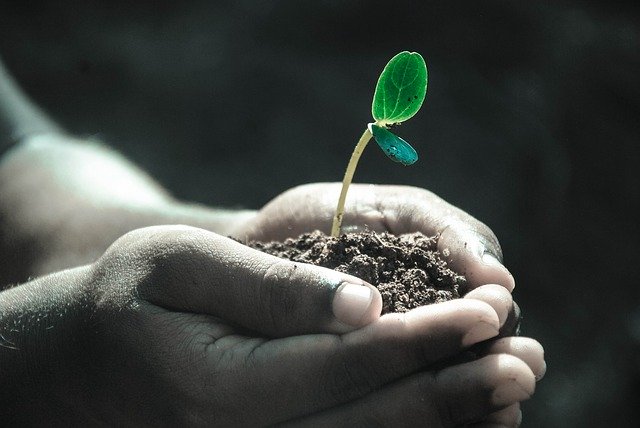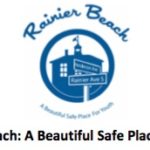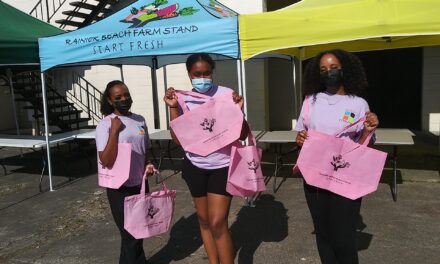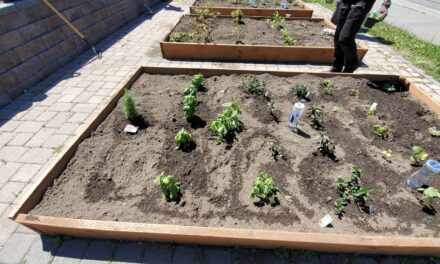by David Sauvion
In these challenging times more than ever, we all need access to food–and preferably, healthy, culturally relevant, and affordable food at that. The system was broken long before the pandemic started, and while it’s now really showing how badly broken, it may also provide an opportunity to change practices. We hear stories of mountains of food wasted because the usual food chains are no longer available. Sometimes 30% to 40% of crops are turned back into the ground instead of being harvested. Millions of gallons of milk destined for American schools get poured down the drain. The charitable networks simply don’t have the capacity to take over from the market.
And yet, this latest report from the Sweetened Beverage Tax Community Advisory Board shows how dependent folks in our community are on food banks and subsidized food programs like SNAP and FreshBucks. Over 40% rely on them. The report also highlights that 75% of participants in this study indicated that cost is the primary barrier to accessing healthy foods, and notes that culture matters when it comes to their food needs. This report will hopefully encourage our decision-makers to allocate more funds towards these programs, but in the meantime, we should all give to our local Rainier Valley Food Bank if we can.
There are also other ways we can help. Farmers haven’t stopped growing food as they see demand increase, but they are struggling right now to re-invent ways to make their crops available to neighborhood residents. As most Farmers’ Markets remain closed, they are looking for the best way to distribute produce. Is Community-Supported Agriculture (CSA aka food boxes) the best way to go? Should they do home deliveries? This survey is available online to collect your feedback and help Seattle Tilth figure out what would work best.
As for our young people kept away from school until September, there are opportunities for them to get engaged and support the work of local food stakeholders too. Tilth Alliance is currently looking for Youth Stewards to work at the Rainier Beach Urban Farm & Wetlands, and FEEST has opportunities for Youth Leaders out of Rainier Beach High School and other area schools.
If we have learned anything from this crisis, it’s that we need to rethink our local food supply chains. In supporting our small farms, we not only provide opportunities for farmers of color to develop better distribution infrastructure, but it also means that more culturally-relevant produce can make it to your table, in school lunches, senior meals, and local restaurants. Completing the survey is a good place to start!
